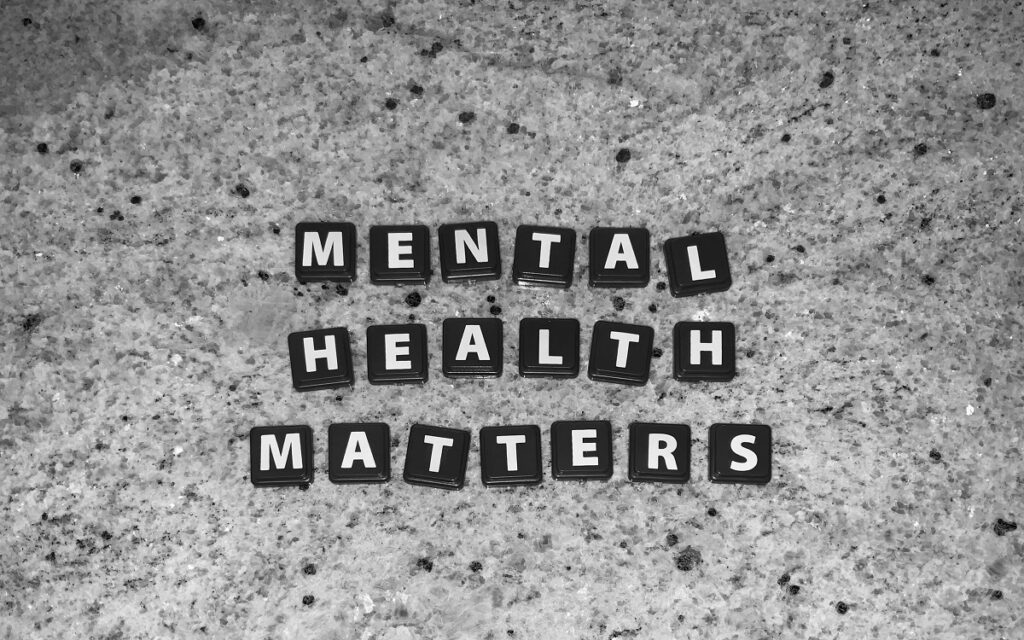
Emotional Regulation
Emotional regulation is a person’s ability to manage control over one’s own emotional state. Emotion regulation allows one to reduce the intensity of emotions, or occasionally, amping up one’s emotions, which can be useful when an imminent danger or challenge calls for a healthy dose of anxiety or excitement. If a person is struggling with control of their emotional state, they are experiencing emotional dysregulation.
Emotional Dysregulation
Emotional dysregulation refers to the difficulty in managing control over one’s response to an emotional situation. It is the individual’s interpretation of their emotion that can cause dysregulation. People experiencing emotional dysregulation have intense and unstable emotions that are disproportionate to the situation, have trouble calming down after being upset, and may exhibit impulsive behaviors. Most people will experience some emotional dysregulation, but others experience these overwhelming feelings regularly and may rely on unhealthy strategies for coping.
Emotional Dysregulation in Children
In young children emotional dysregulation can look like throwing toys, crying, yelling, throwing themselves on the ground /or running away.
Emotional Dysregulation in Teens
In teenagers emotional dysregulation can look like shutting down, anger response, substance use, self harm behaviors and/or difficulties concentrating.
Emotional Dysregulation in Adults
In adults emotional dysregulation can look like yelling, substance use, intrusive thoughts, anger responses, increased depression symptoms and feeling unable to control their own emotions most of the day.
Therapy Services to Help Emotional Dysregulation
Enhancing Emotional Awareness
Therapy provides a safe space to explore and understand one’s emotions. By increasing self-awareness, individuals can learn to recognize their emotional states and patterns, which is the first step toward effectively managing them.
Developing Coping Skills to Manage Emotions
Therapists can teach various coping strategies and techniques to manage intense emotions. These may include mindfulness and relaxation exercises, grounding techniques, emotion regulation skills, and problem-solving strategies.
Identifying Emotional Triggers and Underlying Causes
Therapists help clients identify the triggers that lead to emotional dysregulation. Understanding these triggers and the underlying causes behind certain emotional responses can enable individuals to develop specific coping mechanisms and strategies to address these situations.
Learning Distress Tolerance to Emotions
Therapy can help individuals build resilience and tolerance to distressing emotions. It involves teaching skills to manage distressing situations without resorting to destructive behaviors, such as self-harm or substance abuse.
Building Interpersonal Skills
Many individuals with emotional dysregulation struggle with maintaining healthy relationships due to their intense emotions and impulsive behaviors. Therapy can focus on improving interpersonal skills, boundary-setting, effective communication, and conflict resolution.
Processing Trauma
If emotional dysregulation is linked to past traumatic experiences, therapy can address these traumas through evidence-based treatments like trauma-focused cognitive-behavioral therapy (TF-CBT) or eye movement desensitization and reprocessing (EMDR).
Therapy provides a supportive and structured environment to address emotional dysregulation. With the guidance of a trained therapist, individuals can gain skills, insight, and strategies to better regulate their emotions, leading to improved mental wellbeing and quality of life.

